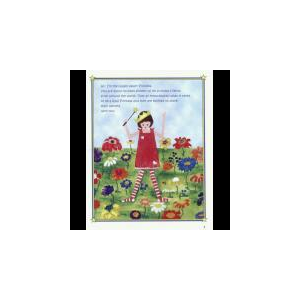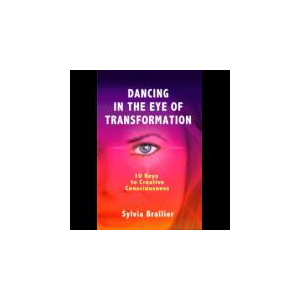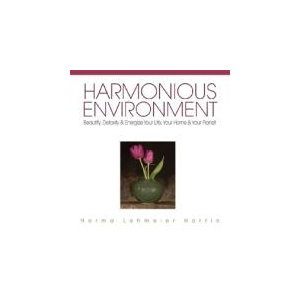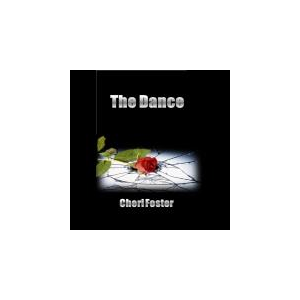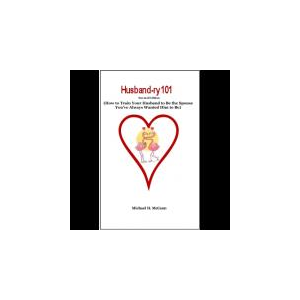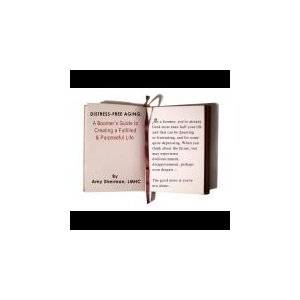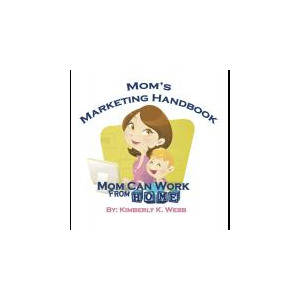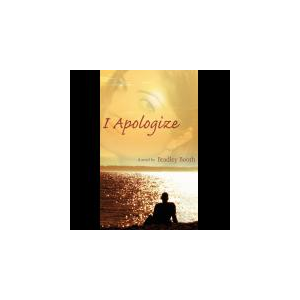LiveLoveLaugh Teenage Depression Warning Signs
Do you know what Depression Warning Signs are?
Do you know how to help someone with Depression?
We use the term depressed loosely to describe distress or unhappiness. While we can experiencefeeling sad, moody or low from time to time, this feeling is a normal response, however, is usually short-lived, and usually resolves itself without the need for any specific treatment.
Clinical Depression is more than just a low mood, is more than just the blues, being down in the dumps. It is a common mental disorder and a serious illness, characterised by sadness, loss of interest or pleasure, feelings of guilt or low self-worth, disturbed sleep or appetite, low energy and poor concentration, that lasts for too long.
It is a serious condition that affects a person's mind and body. It impacts all aspects of everyday life including eating, sleeping, working, relationships, and how a person thinks about himself or herself.
What gives Michelle Ferry and Janette Philp the right to write Teenage Depression Warning Signs?
They have lived, breathed, researched, interviewed, talked with and listened to teenagers. Most importantly, they are mothers who have had teenagers live with and without depression. Their teenagers had friends who have had depression and had seen friends die as a result of suicide.
It’s not a matter of having the right to write this book, it’s the fact that they care.
As parents, caregivers, a teacher, coaches, confidants and role-models, your children’s positive well-being is vital.
We need to care as a community and make a difference to the lives of our teenagers who often suffer alone, often without a clue with what’s going on in their life, let alone how to deal with it.
We do this by learning more about this illness and respect the disease of mental health and its issues.
Youth Focus – Prevention of Youth Suicide and Depression, has embraced the book and uses them to promote the Warning Signs of Teenage Depression to their clients.
The Story Behind This Book
Hearing the wisdom of those who have struggled, questioned and dreamed before us can make the journey easier. If only I knew back then, that with my hidden depression… – It was to have a profound effect on those I love. – That no matter how good I was as a mother, I couldn’t fix my teenagers, alone. – I was not at fault, but more so, I had a responsibility to heal myself first. My depression began well before I even knew that the word existed. I was a teenager and felt isolated, alone and terribly sad. I ached to stand on a stage and scream I am alive. I wanted my parents to notice my pain. I wanted them to comfort me, hug me and to console me. I wanted them to find a way to unlock my darkness. Yet, I never let them know how I felt. I waited until I became an adult to unlock my own darkness. I am now a mother of three beautiful daughters, two of whom have suffered with severe depression, beginning in their teens. I became a protective mother and overly sensitive to their issues. I considered open communication vital, because I knew what hidden silence can do. The downside was that it went too far. I disempowered their personal growth, where they had to learn to re-build their self-esteem. It was destructive to have self blame. However, it was crucial in order to understand the process. Once I was able to come to terms with the fact that I could not personally fix everything in my children’s lives, I sought outside assistance. When that assistance was ineffectual, I searched for other avenues until I got the help required. With welcome relief from outside support, I became better informed about the issues surrounding mental health. Both my daughters now live a fulfilled and happy life with children of their own along with a greater understanding of how to manage challenges that arise. My other beautiful daughter and my loving supportive husband have lived their lives touched every day by the issues in our family. It’s important to note that it’s easy to neglect others when the focus is elsewhere in the family. Depression means the grief of loss of self. To quote Amazing Grace, a hymn written by English poet and clergyman John Newton, “I once was lost, but now am found. Was blind, but now, I see.” It took years to build our loving family unit and individually, stronger women. We have a platform of strength to operate from, where the family network supports, helps and keeps matters in perspective. We have built fabulous communication skills and when my daughters tell me I am their best friend, I always remind them proudly that, “I’m your mother first and friend second”. My grandchild tells me that no-one wants to be his friend at pre-school. I take a deep breath and watch for the Warning Signs of the next generation, remembering it can be ‘just-a-moment’ in their dear little life of growing up. It once consumed our lives but today it’s a small part of who we are and what we have experienced. We enjoy our lives, family, friendships and each other. This couldn’t have been achieved without the patience and understanding of my husband and support of others. Michelle Ferry Author and Publisher

